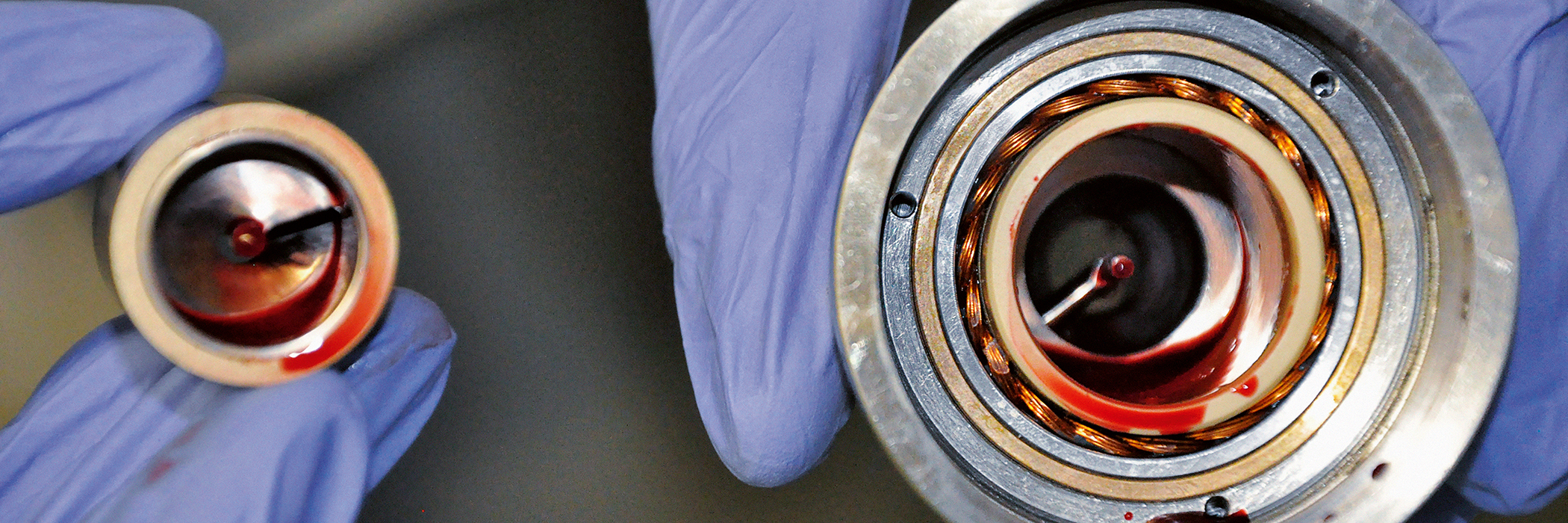Prediction of an antigen-specific antibody sub-repertoire (data in-house)
Immunotherapeutic drugs are important biologics and blockbusters against infectious diseases and cancer.
The portion of the antibody repertoire against a given pathogen represents its specific antibody sub-repertoire, and only a fraction of the antibodies produced by an individual. Knowledge about a pathogen-specific antibody sub-repertoire would tremendously fasten drug discovery in precision medicine, e.g., in the discovery of novel antibodies against cancer neo-epitopes. However, the rules of the development of pathogen-specific antibodies and how these are related to non-specific antibodies in the repertoire have not been resolved. Danio rerio (zebrafish) represents one of the earliest recognizable animals that have evolved an adaptive immune system that is similar to humans. They contain Ig gene loci that are both similar organizationally and contain genes that are similar tor human antibody development including the combinational rearrangement of antibody gene segments (variable, diverse, junctional), and somatic hypermutation. Using current antibody sequencing techniques, the entire zebrafish antibody repertoire can be captured using high-throughput sequencing. We aim to investigate the pathogen-specific antibody sub-repertoire in the zebrafish animal model in order to lay the foundations towards the identification and prediction of sub-repertoires in a generalized framework.
